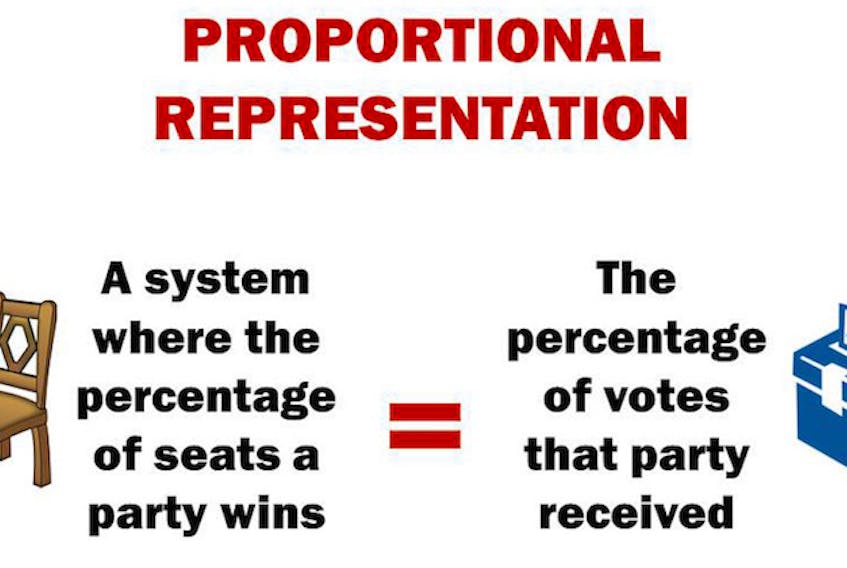BY ANNA KENNAN
GUEST OPINION
I’d like to thank James Aylward for sparking so much kitchen-table discussion across the island, by raising Nunavut’s consensus government, ‘no parties’ model as a possibility for P.E.I. A tempting idea, indeed. However, I’d like to offer three observations.
First, praise for the excellent idea that every vote in the legislature should be a free vote, without MLAs being whipped along partisan lines. If MLAs were supported to truly represent their constituents, even if it meant crossing their party’s official line, Island politics would be much more democratic, diverse and collaborative - and less of a one man show, with an all-powerful premier pulling the strings of government MLAs.
Likewise, the idea of having an all-party cabinet, more truly representative of Islanders, with cabinet and premier elected by secret ballot, is a good one. All of this could be introduced in our current partisan system, but would be even better if the balance of MLAs in the house truly reflected the balance of public opinion - that is, if we had proportional representation.
Second, it’s worth reflecting that the dominant culture in Nunavut is indigenous, and consensus is deeply ingrained. Canada’s largest territory consists of 42 isolated Inuit communities, and before its founding in 1999, there was no history of political parties.
On P.E.I. - Canada’s smallest and likely tightest-knit province - we have had political parties since we gained responsible government in 1851. Simply deregistering parties - as tempting as that sounds to those of us disaffected with the current system - would not change the Island’s political culture. Alliances, and deep network of partisan relationships, would still exist in our communities - they would just go underground and become less transparent to regular voting citizens.
Without partisan registration, the web of political donations and contributions that influence politics would be entirely unregulated, and become even more murky.
So, if we recognize partisan culture as a reality here on P.E.I., how do we limit the power of party elites? The answer is in an electoral system that has already been tried and tested around the world, and which Islanders have already voted for in 2016. Proportional representation (PR) recognizes partisan alliances as a cultural reality, while also limiting a party’s power to precisely the portion of the vote that they earn from citizens.
The third observation - the Nunavut model still includes winner take all district competitions, so the core problem of First-Past-the-Post (FPTP) still exists: in every district, there are still voters who win the representation they want, and voters (usually a majority) who lose. On P.E.I., in 21 of our 27 districts, including Up West, Down East and everywhere in between, a majority of voters wanted someone other than their current MLA.
This is a problem that can only be solved by PR, and having some MLAs who are accountable to - and elected by - people across the whole province. When like-minded voters from different districts - rural and urban, tip to tip - can pool their votes across district lines, their votes will actually count towards electing someone they support.
With PR, every voter wins. Under FPTP - or under Nunavut’s consensus government model - some lucky voters win, and others have to lose.
Ultimately, Island voters know that something has to change. A government with absolute power without the support of a majority of voters is a recipe for arrogance and abuse of power. Changing the colour of the 5th floor from Red to Blue - or even to Orange or Green - will not fix that temptation towards arrogance.
Whether the next premier is named MacLauchlan, Aylward or Bevan-Baker, we need a PR system that reminds politicians to stay humble, and not let absolute power go to their heads.
Islanders have already voted for Mixed Member Proportional Representation, and will vote for it again and again until we get the change we so desperately need. It will allow us to practice collaboration across party lines, and, through that practice, to start to change our political culture towards the consensus-based, cooperative, collaborative politics that Alyward envisions.
- Anna Keenan lives in St. Ann. She was the P.E.I. Coalition for Proportional Representation’s campaign director for the 2016 plebiscite, and sits on the board of FairVote Canada.









